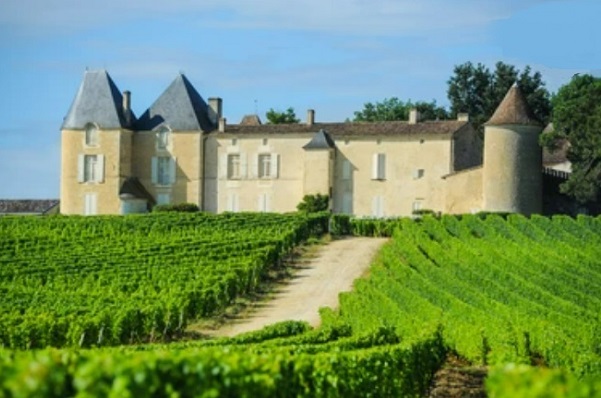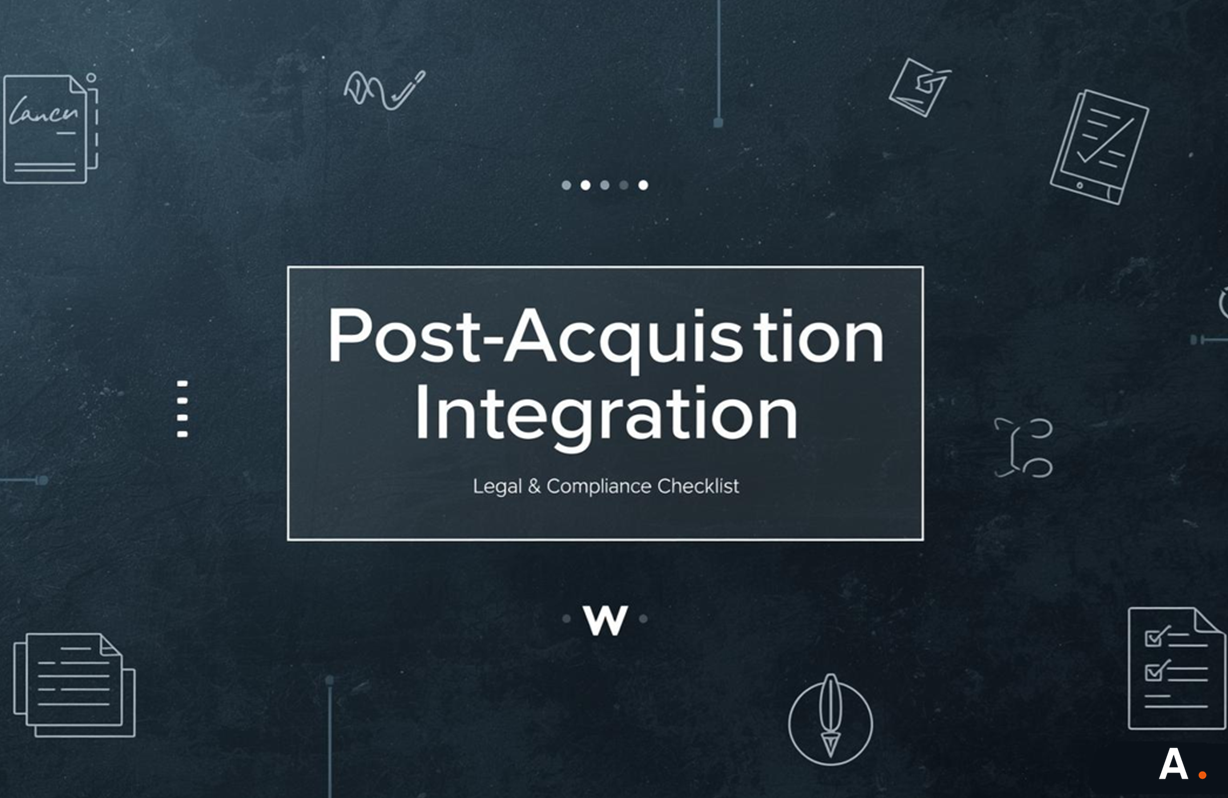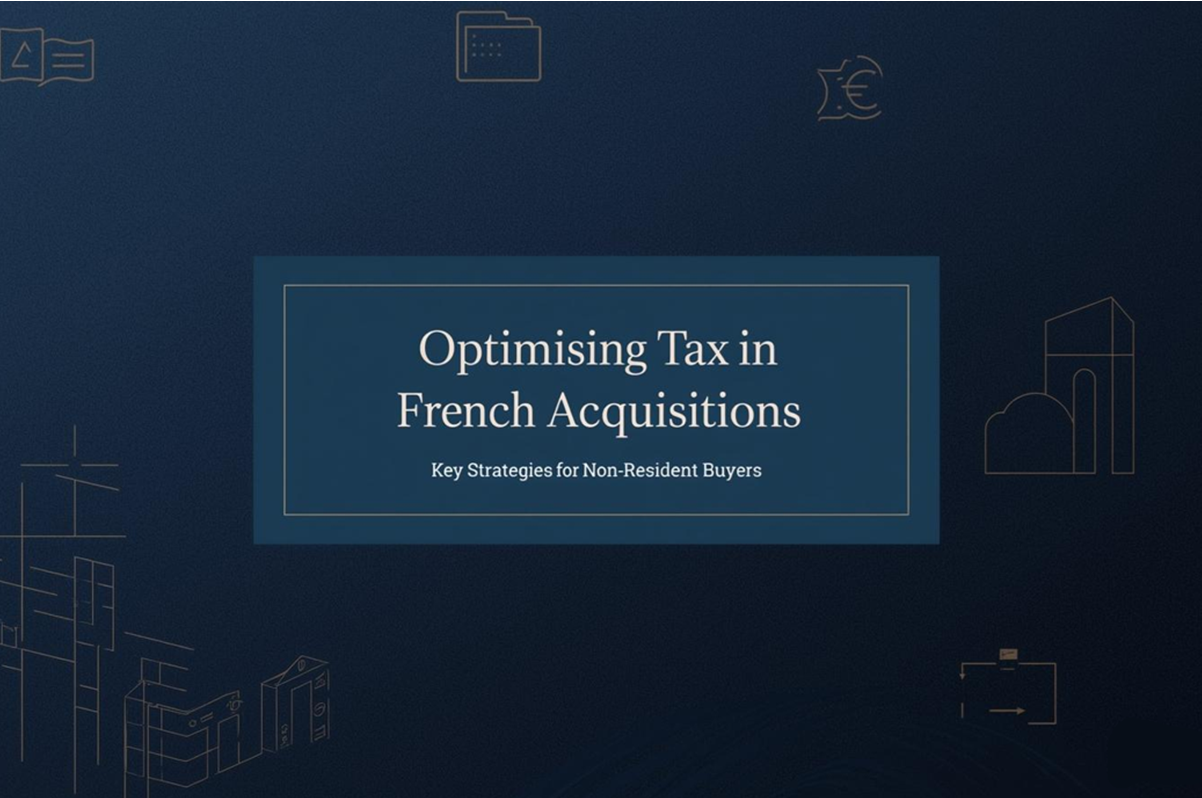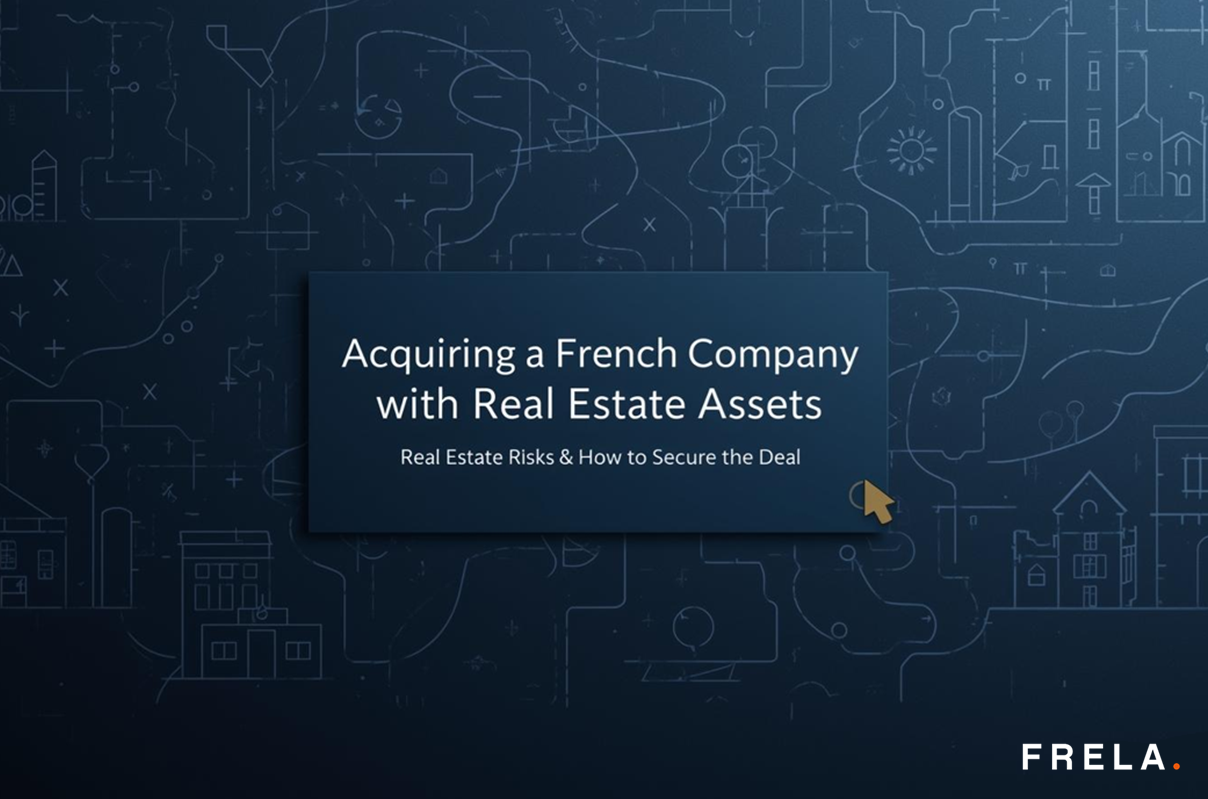Buying a vineyard in France from aboard
Acquiring a vineyard as a foreigner is a significant investment for wine lovers and investors looking to venture into the wine industry. However, before embarking on this venture, it is crucial to conduct certain checks to ensure the investment’s safety and profitability.


Conducting an Audit
The Vineyard Environment
In addition to the usual checks applicable to any acquisition, it is recommended to conduct specific checks related to the vineyard, such as a regulatory and quality audit performed by an oenologist. This audit certifies the quality of the terroir, vineyard plots, production, and compliance with vineyard-specific rules. The vineyard’s geographical location is a crucial criterion to consider, as it determines the nature of the final product and, therefore, the vineyard’s value and expected financial outcome. Compliance with the controlled designation of origin rules is also essential when acquiring a vineyard. Each wine region has put in place specifications whose compliance is essential to obtain the designation of origin. Practices are then imposed, such as the nature of the grape varieties, the number of vines per hectare, the harvest periods, and viticultural practices. In summary, before any acquisition, it is crucial to verify whether the vineyard meets the eligibility conditions for the designation of origin, as well as the quality of the terroir and viticultural practices in place. These specific checks ensure the investment’s quality and ensure its future profitability.
Brand
To value wine production, the winemaker can join a cooperative or carry out vinification and sales themselves. If the acquirer takes over the seller’s company, they also take over their obligations vis-à-vis a cooperative, and existing distribution contracts could constrain the buyer. Before taking over a vineyard, the acquirer must analyze the seller’s commitments, the intangible assets of the operation, particularly the registered trademarks. Trademarks are essential to differentiate wine from other producers and retain customers. They offer a property right and constitute a fundamental vector of value. Taking over a vineyard requires in-depth analysis, including elements common to all agricultural operation transfers, as well as a tax audit.
Choice of Legal Structure
Once the acquirer confirms their interest in acquiring a vineyard, various acquisition structuring options are possible depending on their financial, tax, and heritage stakes. The acquisition can concern the vineyard’s real estate and movable assets, allowing the acquirer not to take over the liabilities related to the previous owner’s operation. However, this operation is subject to obtaining an operating authorization and approval from the Safer (Land Development and Rural Establishment Companies). The acquirer can also acquire the company’s shares operating the vineyard and/or holding the real estate. If the vineyard dissociates agricultural operations from real estate heritage, the agricultural structure control authorization and the Safer’s preemption right will apply only to the transfer of the entity holding the real estate heritage (GFA). Depending on the chosen structuring, the legal documentation will organize the transfer conditions and modalities of the agricultural operation negotiated between the parties, such as financing conditions, price supplements, and asset/liability guarantees.
Buying a vineyard in France is an exciting and profitable venture, but it requires meticulous planning and due diligence. It is essential to conduct thorough checks on legal obligations. By choosing to engage a specialized lawyer, you can safely complete your purchase.
About the Author :
Business lawyers, bilingual, specialized in acquisition law; Benoit Lafourcade is co-founder of Delcade lawyers & solicitors and founder of FRELA; registered as agents in personal and professional real estate transactions. Member of AAMTI (main association of French lawyers and agents).
FRELA : French Real Estate Lawyer Agency, specializing in acquisition law to secure real estate and business transactions in France.
Paris, 19 Rue du Colisee, 75008 Paris
Bordeaux, 24 Rue du manège, 33000 Bordeaux
Lille, 40 Theater Square, 59800 Lille

This article is provided for general information only and may not reflect the most recent legal or tax developments. It does not constitute legal advice. Please contact us for personalised guidance before making any decision.




